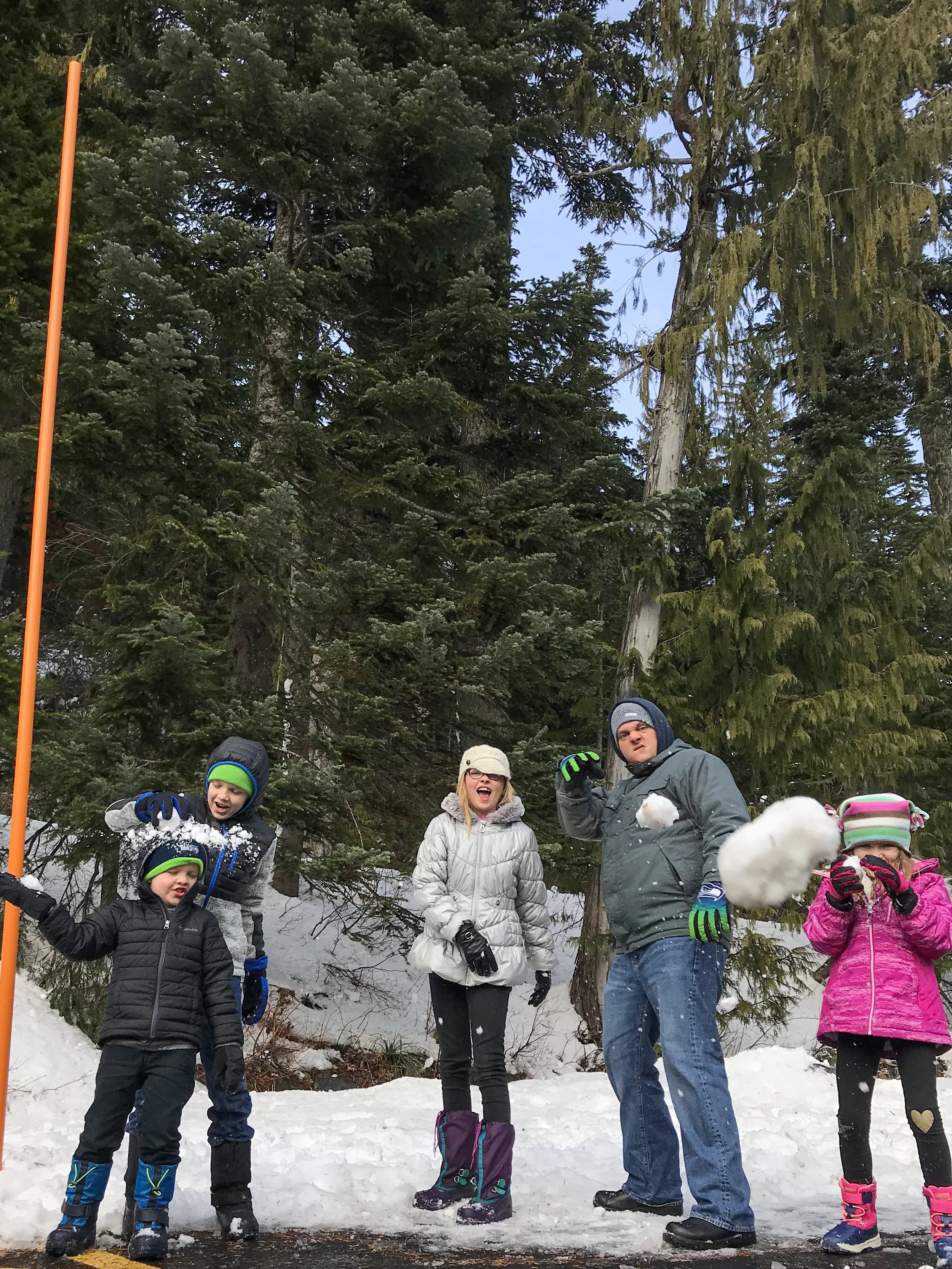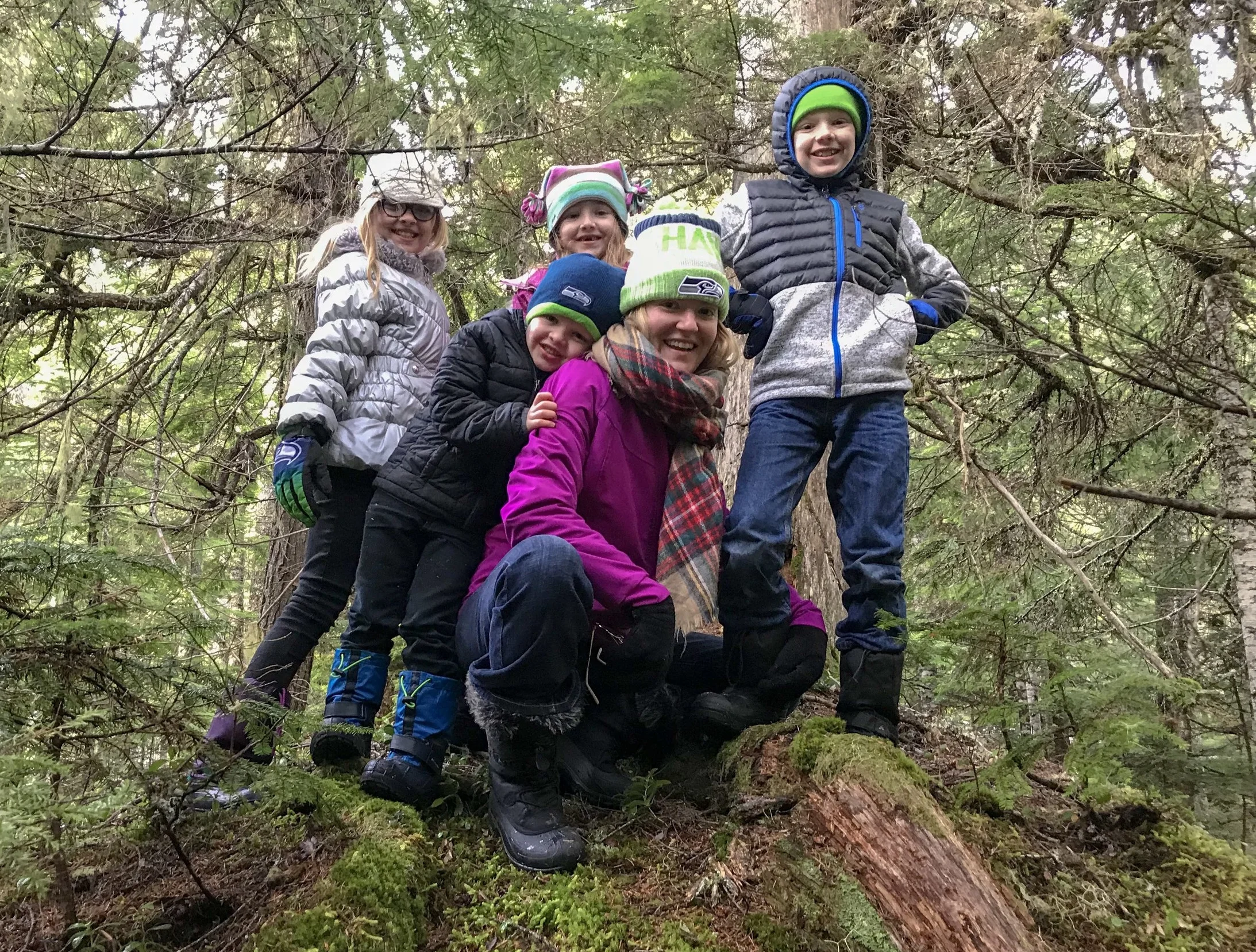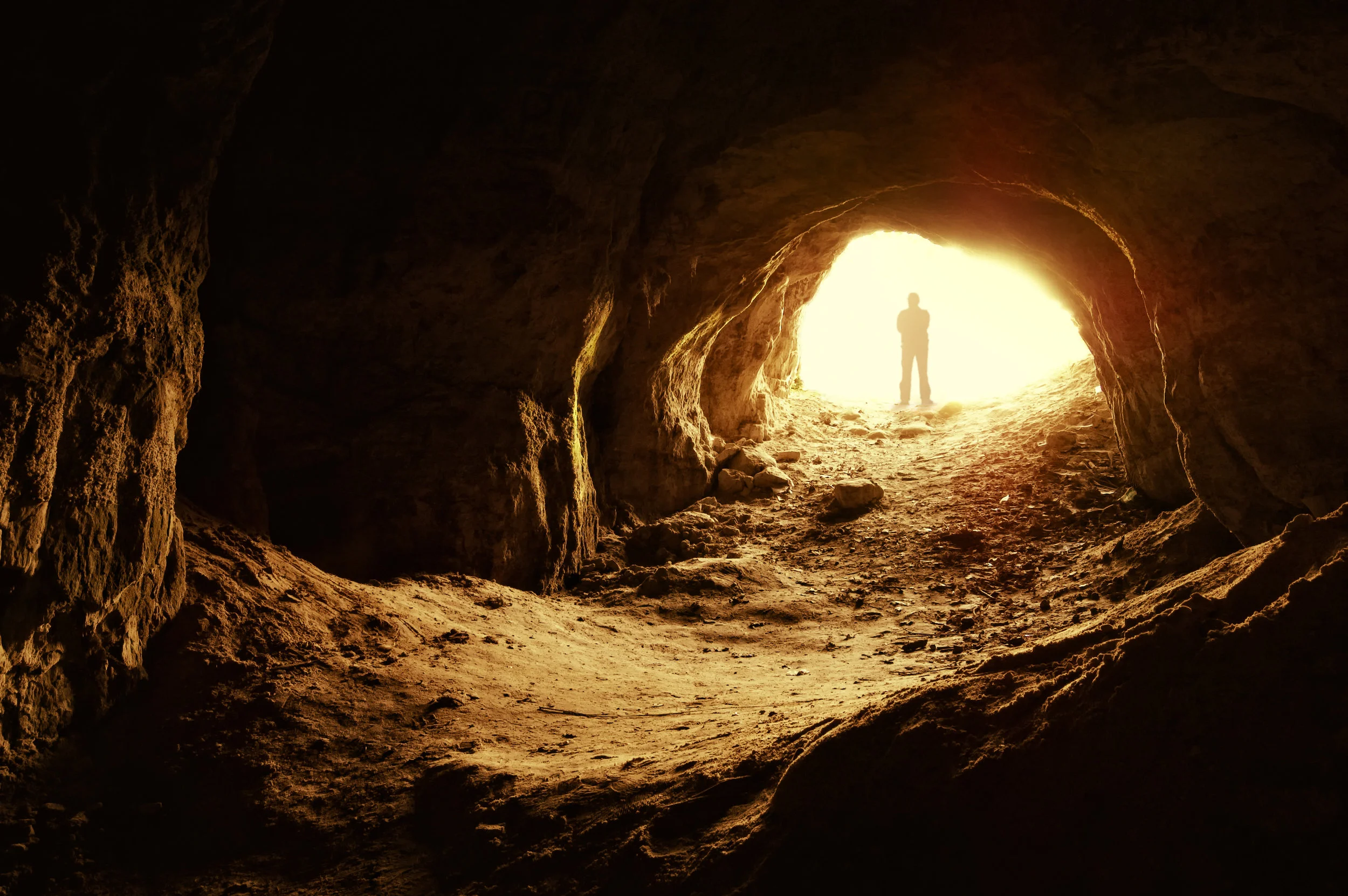Have you ever heard the parable of the 4 blind men and the elephant? It’s a clever story that has existed in many different variations. The earliest iterations date back to a Buddhist text written around 500 BC. It tells the story of four blind men. An elephant is brought into their village for the first time and they all try to figure out what this “elephant” thing is.
One feels its leg, and describes the elephant as thick and strong, like the trunk of a tree. Another feels the elephant’s trunk and says it is wet, long, and flexible, like a snake. The third feels its side and says it is rough and hard, like a walking boulder. Another feels its tail and says no, you’ve all got it wrong, it is covered in thick hair, like a horse!
The elephant moves along and the four blind men all argue about this elephant, all insisting their perspective is the correct one. It's a clever little story! We stand back and think “Oh, those silly stubborn men don’t see that they are all wrong! … or maybe they are all just a little bit right!?”
This enduring little parable illustrates how we are all blinded by our own limited perspective. It’s simply a part of the human condition- our understanding of life and the world around us is always shaped by perspective. Our experiences, education, our family values and community all influence and inform a unique perspective through which we view the world. Just like the blind men, we compare every new experience to our mental database of what we have learned so far, and mentally categorize it as “like a tree trunk” or “ like a snake.” All information is interpreted through prior experiences and knowledge.
Before you object and say “I am no slave of my environment! I’m an open minded individual! Etc etc!!”, please understand that this is just the way the human brain works. It is well documented that the human brain is very good at taking in and categorizing new information. It does this by putting information into categories it has established from prior experiences. This helps us expand our capacity to learn and recall new information.
Understanding this phenomenon has a big impact on how we understand God, the scriptures, and theology. Theology is at its core the study of God, our attempts as humans to understand Him. If our understanding of the world is limited by our experiences, education, and community, isn’t our understanding of God equally limited? Can any one person truly understand God?
I do believe that we can all know God, but I’m not so sure any one of us will ever know Him completely. It would be like finding a way to fit the sun into a drinking glass- the question itself is absurd! A glass cannot even approach the sun, much less contain even a portion of its incredible power! In a similar way, we need to simply accept that our view of God will always be limited.
Despite all of this, He somehow still manages to reveal who He is to us all. He reaches through to our small lives and teaches us His ways. He crosses the chasm between the infinite and the finite and shows us as much of Himself as we can handle.
My point in all of this is if we really are so limited in how we understand Him, we really ought to be more careful with how certain we are of our theology. Of course there are certain undeniable and pervasive truths He reveals to us all- He is loving, just, he forgives generously and freely, he hates the oppression of the weak by the powerful. These and other truths have been agreed upon by Christians of all generations. Let’s hold these truths close to our hearts and cherish the beauty of God’s wonderful nature!
But then there are other topics of theology that are less clear. These are the things that we tend to fight and argue about, the things that split Christians into different denominations, the points of theology that make some people more “sinful” than the others. Too often, Christians have created doctrines regarding aspects of God’s nature that are harder to define, and held them just as sacred as any other doctrine. We really need to be much more humble when it comes to understanding all the aspects of God’s nature. Remember- we are blinded by being human! Our understanding of the scriptures and the nature of God are destined to be flawed, just as we are!
So the next time I look at a difficult doctrine, I will look at it with humility- I am small, limited, blind. He is the God who created uncountable suns- there will be times I just won’t understand Him. So I’ll do my best to understand Him, but also remember that this small vessel He gave me can’t contain Him. So I might be wrong.
Hopefully, from that place of humility, I might be ready to listen to someone else’s perspective. Even if I don’t fully agree, it’s possible that through humble listening, I might actually grow in understanding His nature, as it is described by a person coming from a different perspective

















